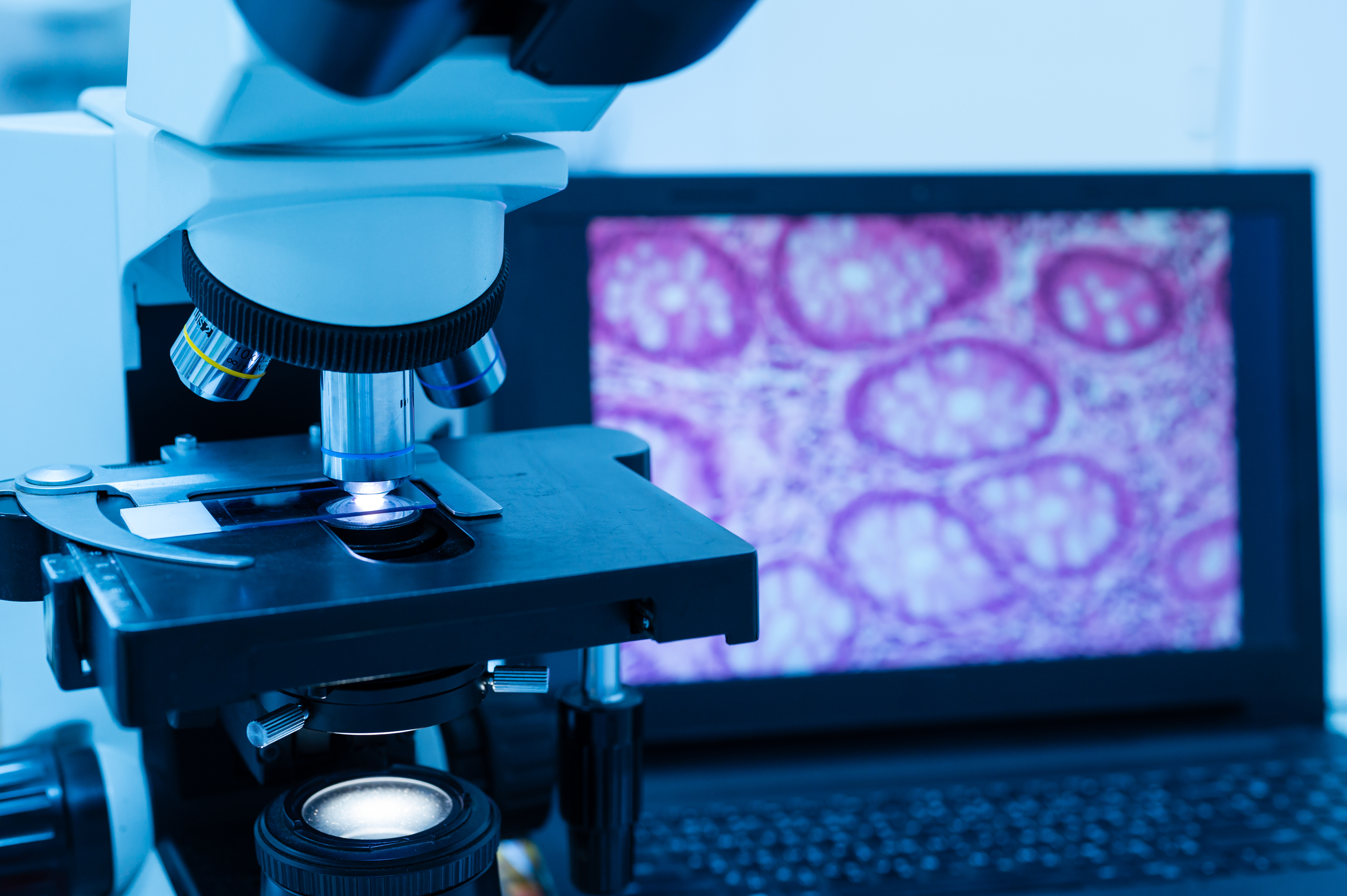Program Leaders: Chang S. Chan, PhD, and Cristina Montagna, PhD
Overall Goals:
To determine the mechanisms by which genome stability is maintained, to define the landscapes of cancer genomes, and to expose the therapeutic vulnerability of cancer due to genetic and epigenetic alterations. The research and collaboration activities of GICG Members are organized around the central concepts that cancer results from the accumulation of genomic alterations, which are modulated through cancer progression, and a thorough understanding of genome maintenance mechanisms and cancer genomes can reveal the vulnerability of cancer to targeted therapy.
Specific Aims:
- To elucidate the core mechanisms that provoke genomic instability, including imprecise repair of DNA damage, DNA replication infidelity, or cell cycle and chromosome segregation errors, and how they lead to cancer and treatment susceptibility.
- To understand the regulatory networks and modifying factors of tumorigenesis, including how tissue homeostasis and cell fate determination mechanisms interface with genome maintenance and modulate tumorigenesis.
- To define the genome alterations and gene expression signatures in cancer, including actionable cancer drivers and subgroup classification, association of genomic and gene expression changes with the underlining mechanisms of genome maintenance, and development of genomics tools for precision oncology.
Collaborating Research Programs:
- Cancer Metabolism and Immunology
- Cancer Pharmacology
- Clinical Investigations and Precision Therapeutics
- Cancer Prevention and Control
Useful Links:
- CALENDAR: Program Meetings, Lectures and other events for Research Members
- Genomic Instability and Cancer Genetics Selected Program-Related Publications
- List of Program Members
Related Articles and Press
Rutgers Develops New Tool for Examining Cancer Genomic Data that Could Improve Treatment
Researchers at Rutgers Cancer Institute, the state’s only National Cancer Institute-designated Comprehensive Cancer Center, have developed a computational tool that distinguishes genuine microbial signals from artifacts.


